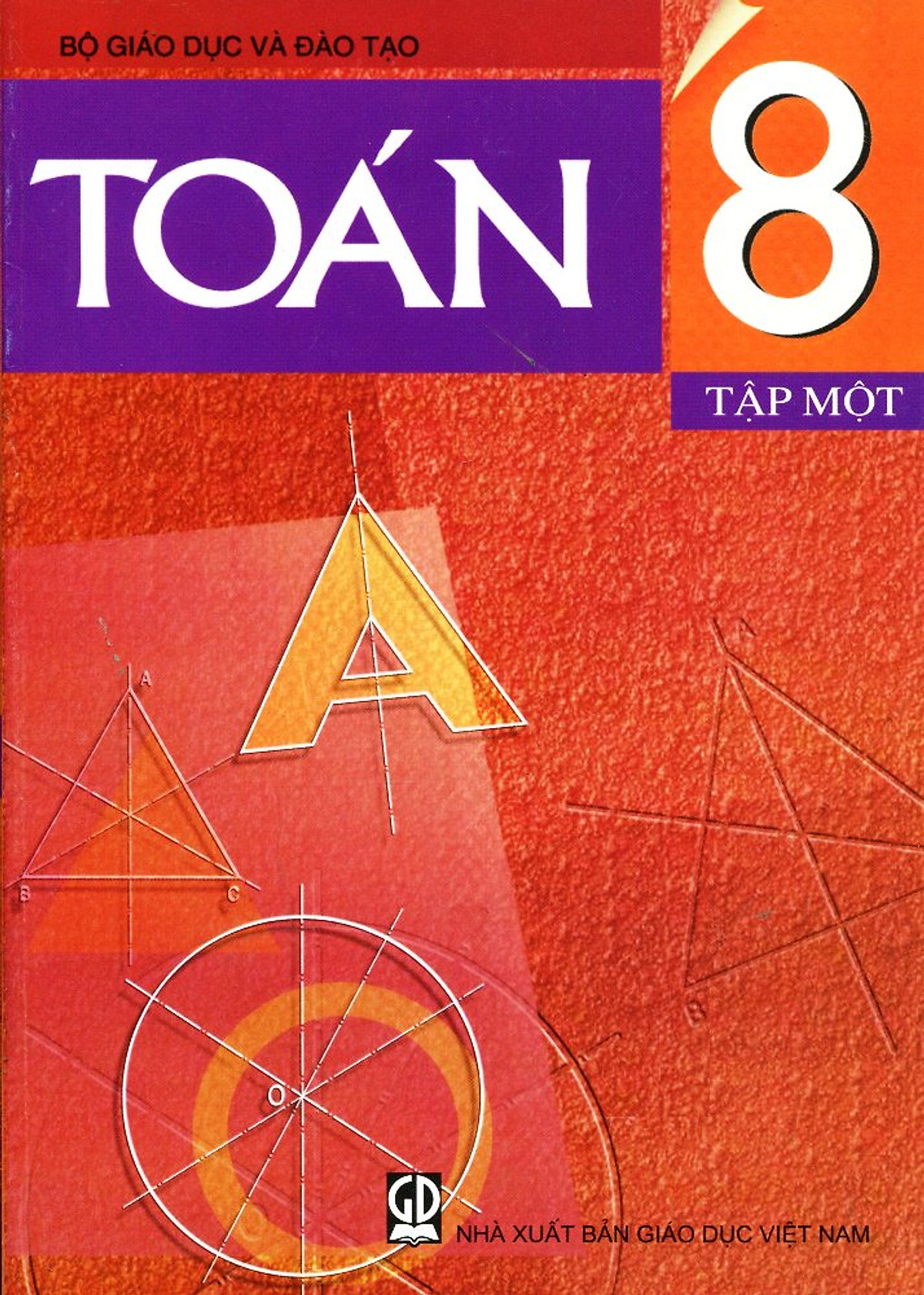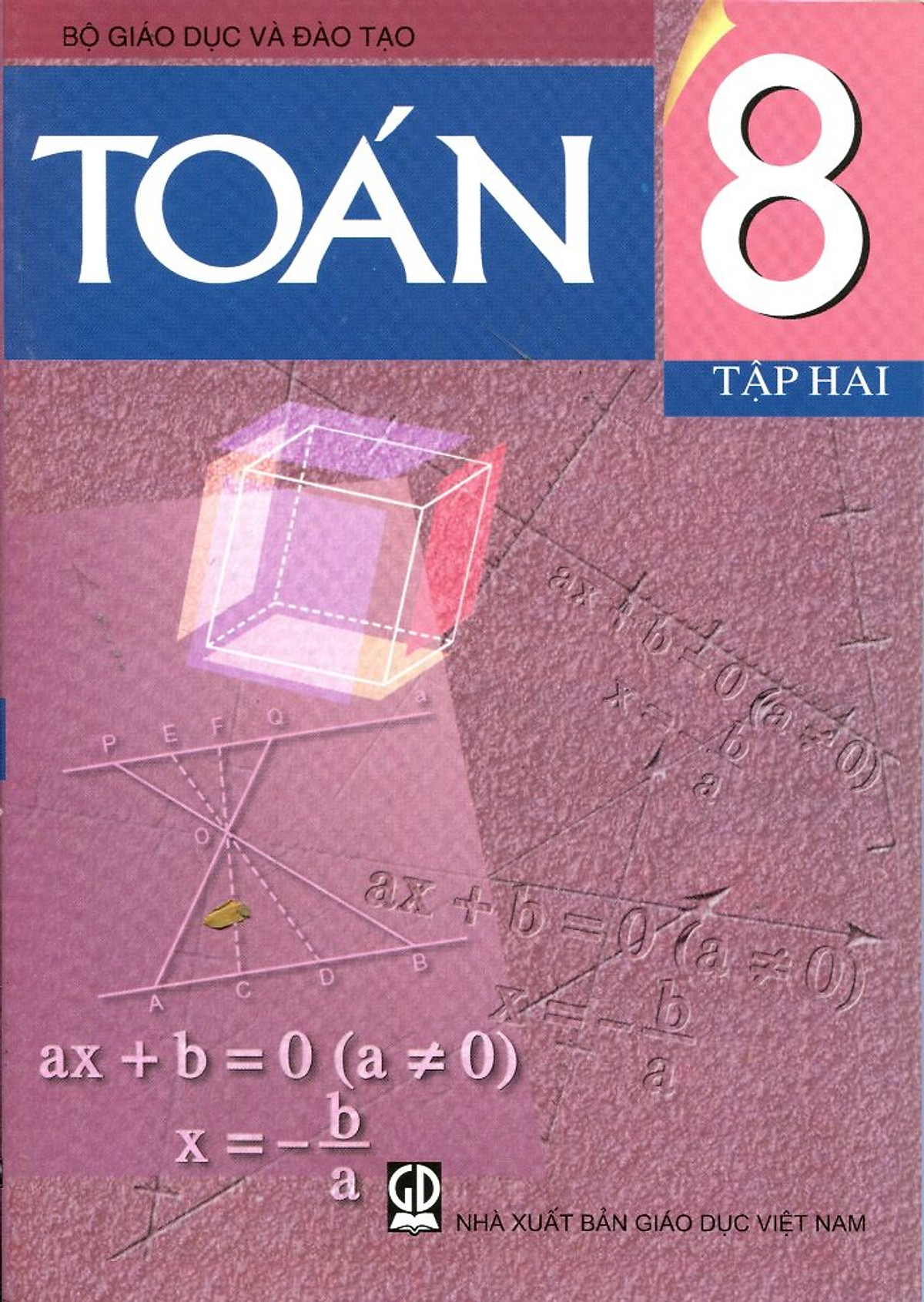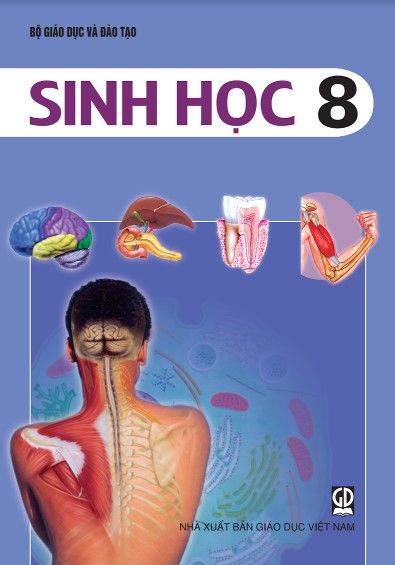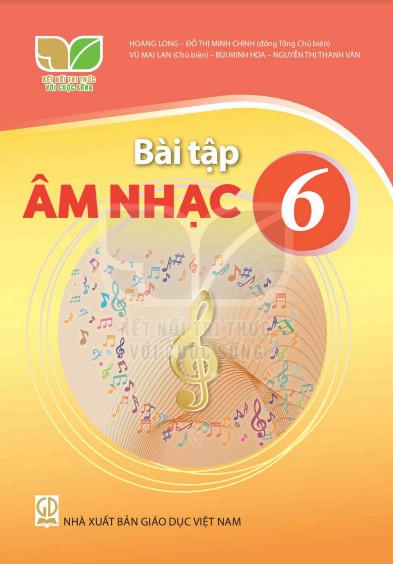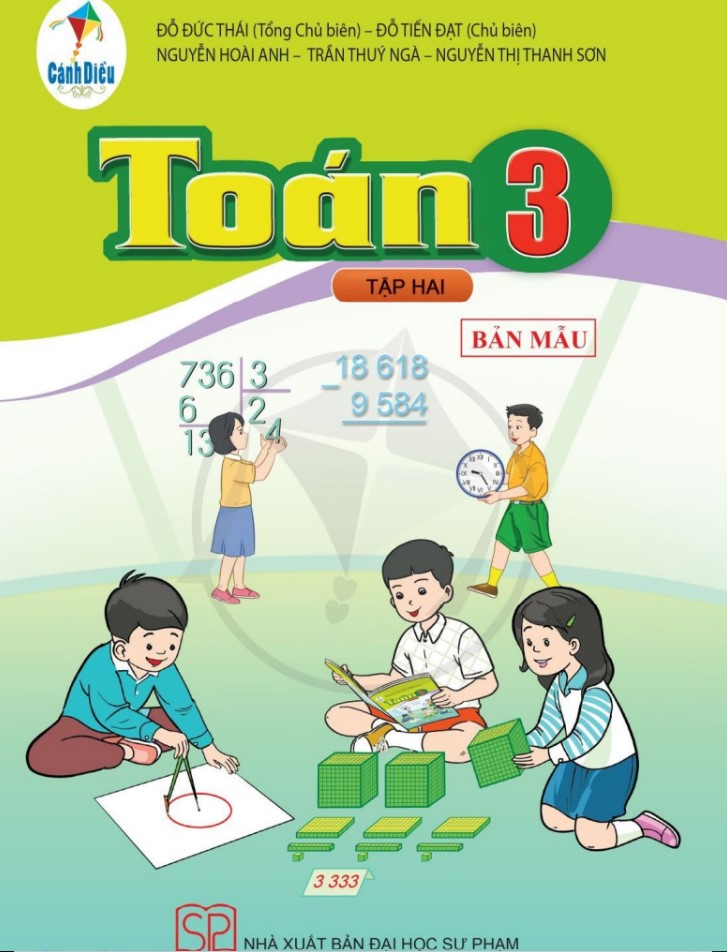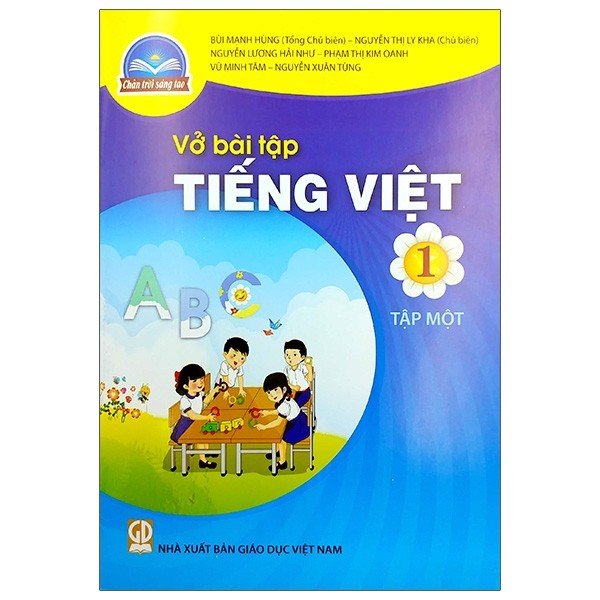(Page
THIS UNIT INCLUDES:
Vocabulary
Science and technology in the future
Pronunciation
Sentence stress
Grammar
Reported speech (statements)
Skills
• Reading advertisements about new technologies
• Talking about a technology or an invention
• Listening about a robot teacher
• Writing an opinion paragraph about whether robots will replace teachers at school
Everyday English
Giving and responding to good news
👉GETTING STARTED
Great news for students
1. Listen and read. 🎧
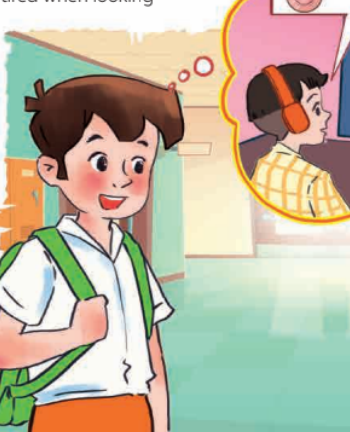
Minh: Ann, do you like yesterday's lesson? I really enjoy learning online.
Ann: I prefer having face-to-face classes. I like to interact with my classmates during the lessons.
Minh: I think online classes are convenient during bad weather or epidemics. Also, students can still interact when they are in breakout rooms.
Ann: But the Internet connection doesn't always work well enough for us to learn online. And my eyes get tired when I work in front of the computer screen for a long time.
Minh: I know what you mean. But there's some great news for us. 3D contact lenses will soon be available. With them, our eyes won't get tired when looking at a computer screen all day long.
Ann: Wow, that's brilliant!
Ann: Wow, that's brilliant!
Minh: Another helpful invention is robot teachers. They will teach us when our human teachers are not available or get ill. My uncle said the robots would be able to mark our work and give us feedback too.
Ann: Fantastic! I can't wait.
(Page 114)
2. Read the conversation again and tick (✔) T (True) or F (False).
| T | F | |
| 1. Ann and Minh had a face-to-face class yesterday. | ||
| 2. Ann likes face-to-face classes because she can interact with her classmates. | ||
| 3. Minh finds online classes inconvenient. | ||
| 4. When students use 3D contact lenses, their eyes will not get tired. | ||
| 5. Robot teachers will be able to mark papers and comment on students' work. |
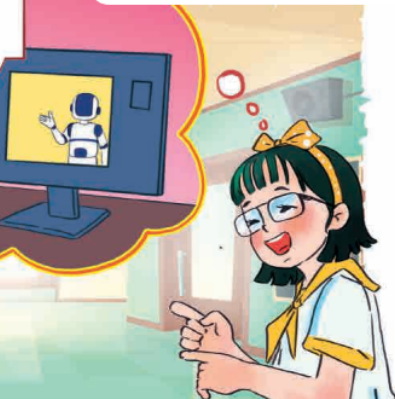
3. Label each picture with a phrase from the box.
| 3D contact lenses computer screen robot teacher breakout rooms online class Internet connection |


1. ___________ 2. ___________ 3. ___________ 4. ___________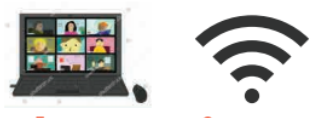
5. ___________ 6. ___________
4. Complete the sentences, using the phrases in 3.
1. I can't see the documents on this computer very clearly. I need a larger _____.
2. During our lessons, our teacher puts us into _____ for group discussions.
3. A _____ in Korea teaches English to primary students.
4. We had a(n) _____ yesterday with a teacher in the US.
5. Can I wear _____ and watch a movie too?
5. QUIZ Do you know what things were invented in these years? Work in pairs and find out.
1. 1822: Charles Babbage invented it. Students use it to type essays and to learn online.
2. 1876: Alexander Graham Bell invented it. We use it to communicate with our friends and families.
3. 1928: Sir Alexander Fleming discovered it. It was the world's first antibiotic.
4. 1989: Tim Berners-Lee invented it. It links information sources so everyone can access them.




